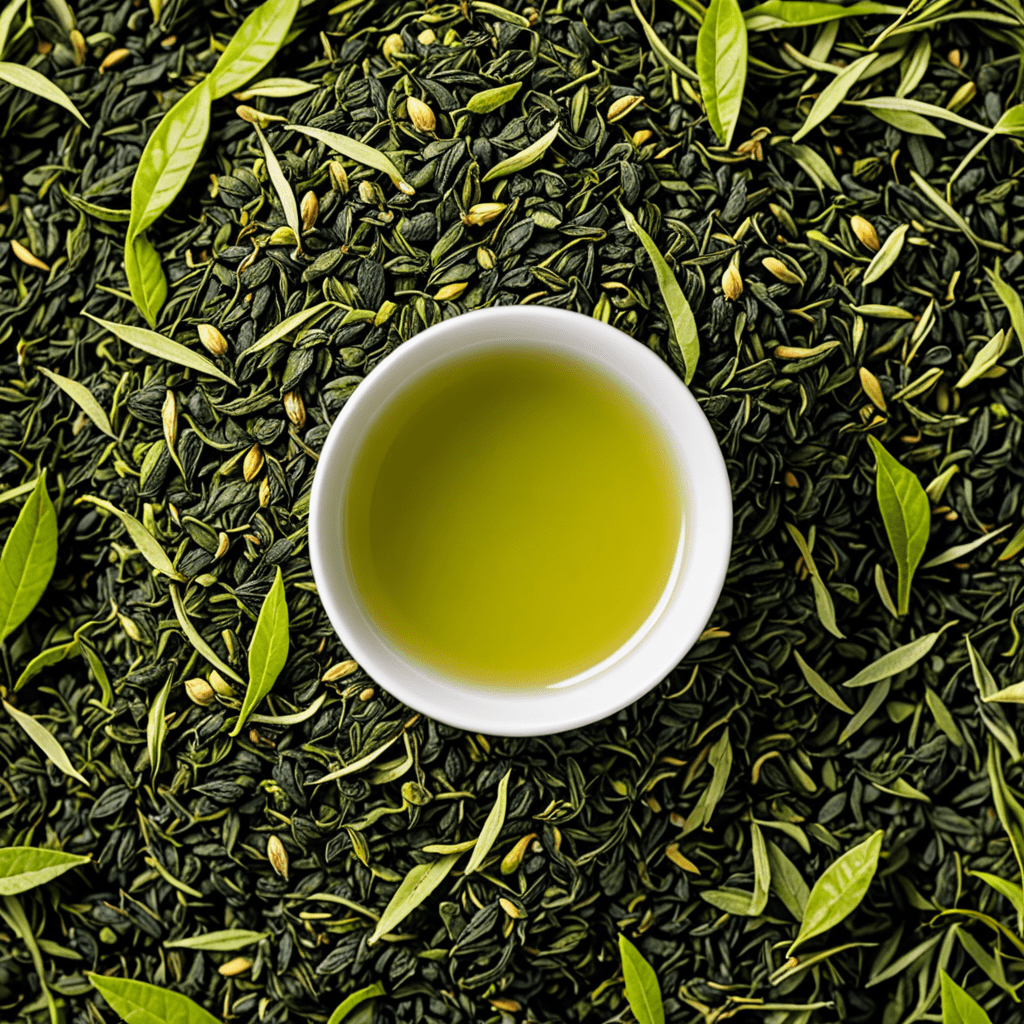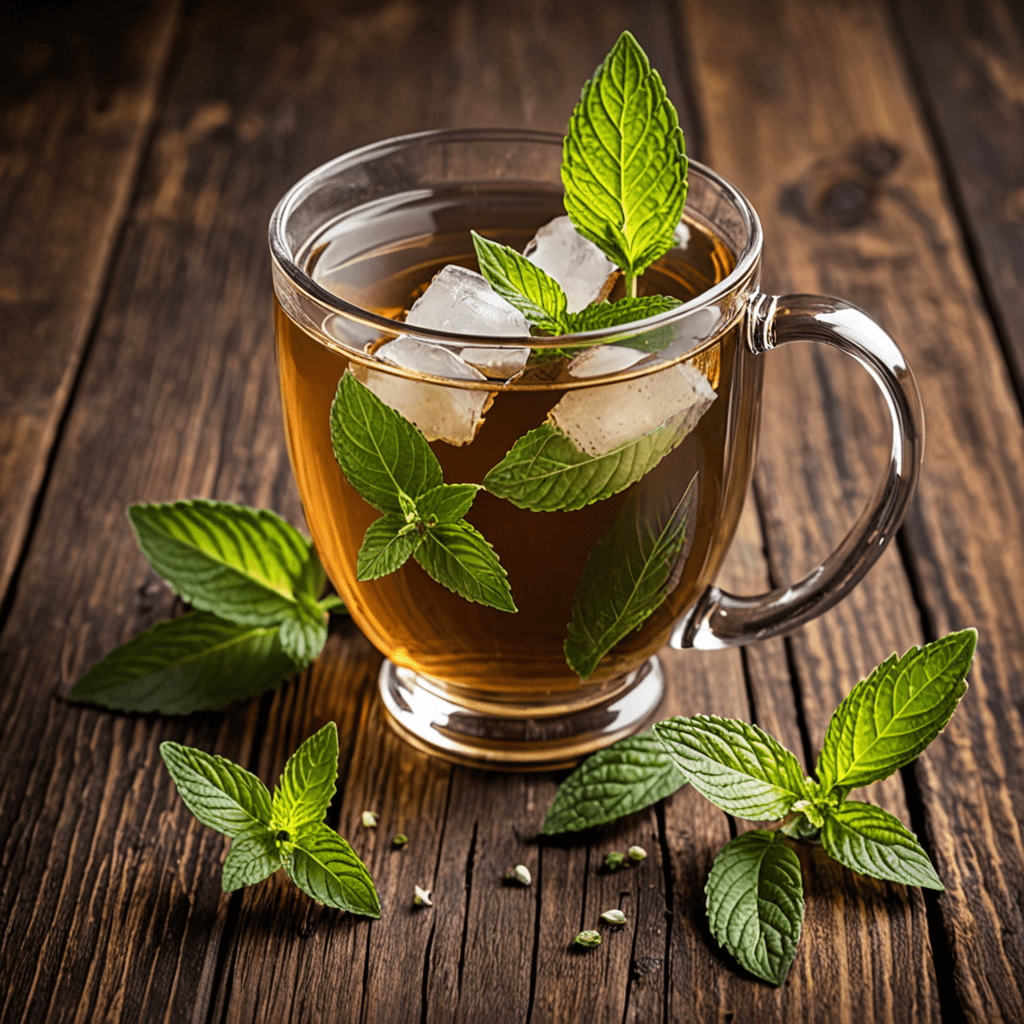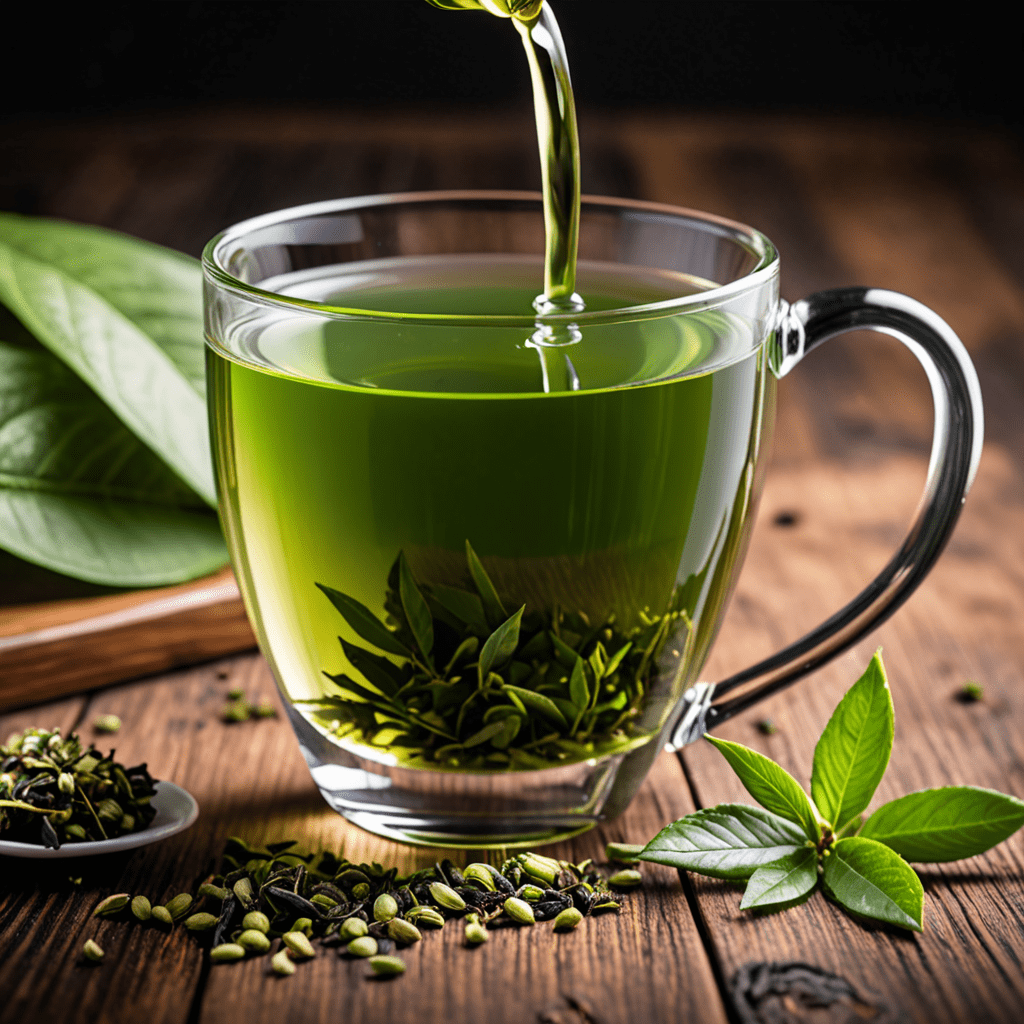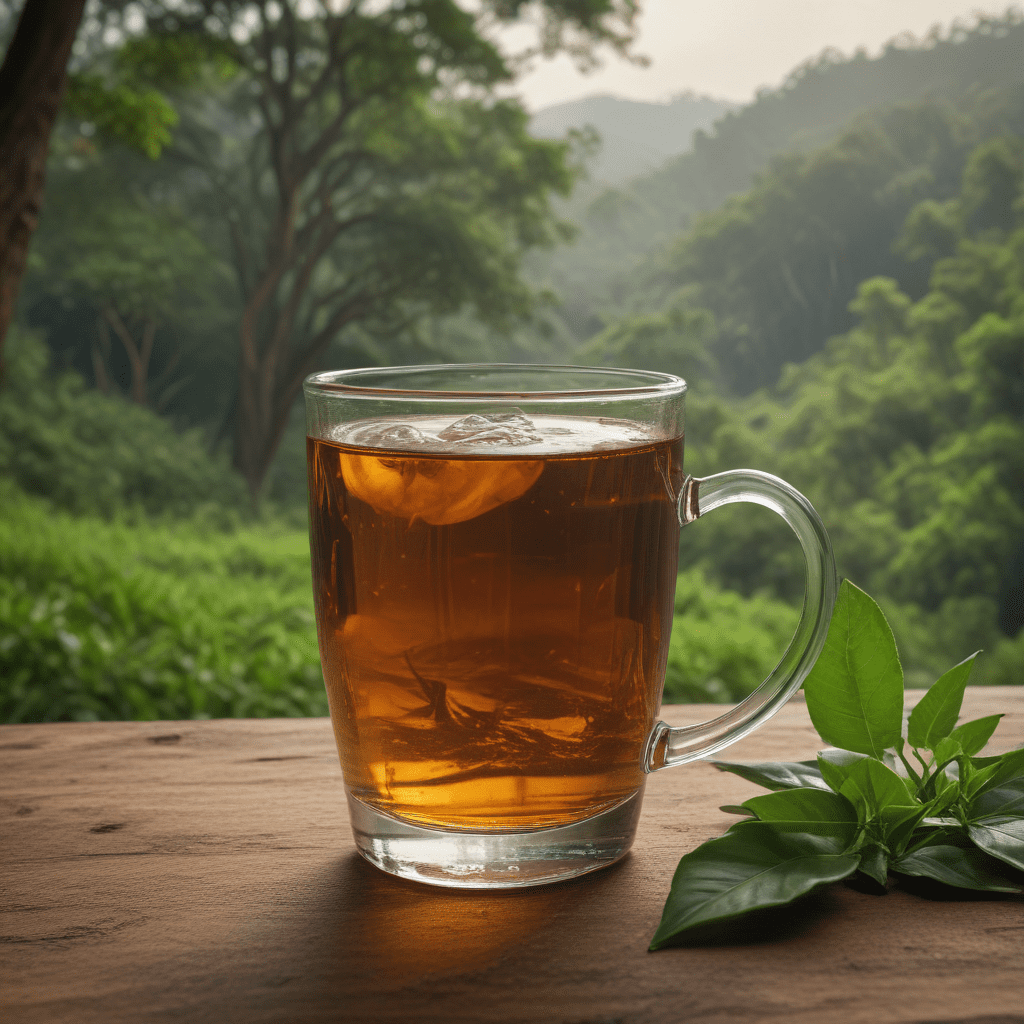
The Ultimate Showdown: Sencha vs Green Tea
When it comes to choosing the perfect cup of tea, the decision between sencha and green tea can be quite the dilemma. Both types are beloved for their unique flavors and potential health benefits, but how do they differ, and which one comes out on top? Let’s dive into the world of sencha and green tea to understand their nuances and help you make an informed decision.
Understanding Sencha
Sencha is a type of Japanese green tea known for its vibrant green color and delicate, slightly sweet flavor. It is grown in full sunlight and undergoes a unique process of steaming the leaves, which sets it apart from other green teas. This method helps to preserve the tea’s natural freshness and grassy aroma, making it a popular choice for tea enthusiasts seeking a refreshing and soothing brew.
The Art of Brewing Sencha
To fully appreciate sencha, it is essential to brew it with care. The water temperature and steeping time play crucial roles in bringing out the best flavors. The optimal brewing temperature for sencha is around 70-80°C (158-176°F), and steeping it for 1-2 minutes yields a delightful cup with a hint of astringency balanced by a pleasant sweetness.
Exploring Green Tea
Green tea, on the other hand, encompasses a broader category that includes various types such as matcha, gyokuro, and sencha. The distinguishing factor of green tea lies in its minimal oxidation during processing, which helps retain its natural green hue and fresh, grassy flavors. Many green teas, including sencha, offer antioxidants and other potentially beneficial properties that have made green tea a popular choice for health-conscious consumers.
Comparing Sencha and Green Tea
Although sencha is a type of green tea, it is important to note that not all green teas are sencha. The distinct taste and preparation methods set sencha apart from other green teas, giving it a unique appeal for those seeking a balance of savory, sweet, and umami flavors in their cup.
Final Verdict: Sencha or Green Tea?
Ultimately, the choice between sencha and green tea comes down to personal preferences. If you enjoy a light, slightly sweet brew with a touch of astringency, sencha may be the ideal choice for your daily tea routine. However, if you prefer the broad spectrum of flavors and potential health benefits that green tea offers, exploring different variations within this category can be a rewarding journey.
Frequently Asked Questions (FAQ)
Q: Can sencha and green tea be brewed multiple times?
A: Yes, both sencha and green tea are often suitable for multiple infusions. By adjusting steeping times and water temperatures with each subsequent brew, you can explore the evolving flavors of the leaves. However, not all green teas may be as versatile for multiple infusions as sencha, which is known for its resilient leaves that offer delightful flavors across multiple brews.
Q: Are there significant differences in the health benefits of sencha and green tea?
A: While both sencha and green tea are rich in antioxidants and potential health-promoting properties, the specific composition of beneficial compounds can vary between different types of green tea. Understanding your individual health goals and consulting with a healthcare professional can help in identifying the most suitable option for your wellness journey.
Q: What is the caffeine content like in sencha compared to green tea?
A: Generally, sencha and green tea contain moderate levels of caffeine, with sencha often having slightly higher caffeine content due to its cultivation in full sunlight. However, individual caffeine levels can also be influenced by factors such as brewing methods and leaf quality.
Q: What are the flavor differences between sencha and other types of green tea?
A: Sencha’s flavor profile can be distinguished by its refreshing, slightly sweet taste with a hint of umami. In contrast, other green teas like matcha may offer a more intense, vegetal flavor, while gyokuro boasts a rich, savory taste. Exploring the diverse range of green teas can lead to discovering a wide spectrum of nuanced flavors.


